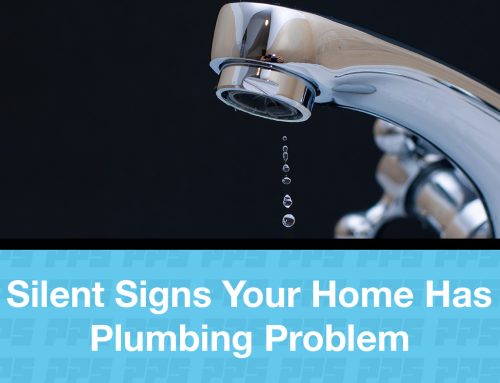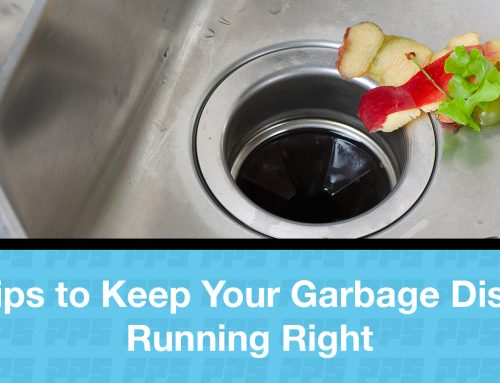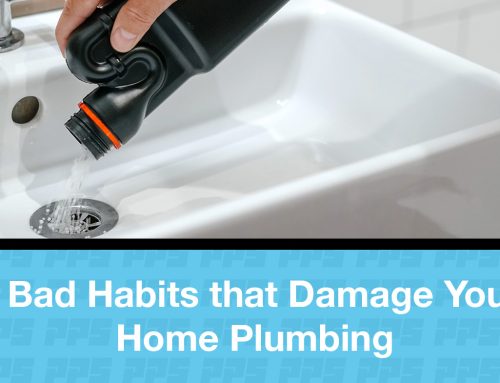Water Softener vs. Water Conditioner – Which is better in Arizona
Water softener, water conditioner…these systems sound similar but are distinctly different and give you different results with your water. Let’s take a closer look at how water softeners and water conditioners work and how they differ from each other.
How a Water Softener Works
Water softening systems are the most common method to deal with hard water. So if you’re an Arizona homeowner, you may have already heard a little about them before.
Water softeners use a process known as ion exchange to soften water and remove particles such as calcium, magnesium, and limestone from your water. As hard water passes through a bed of softening resin, hardness minerals stick to the resin and are replaced with sodium. Over time, the resin will become covered in these minerals and need to be cleaned. This process is called regeneration. During regeneration, saltwater is used to clean the hardness minerals off the resin and flushes them down the drain, leaving the resin clean and ready to soften water again.
Softening water through ion exchange is a time-tested method for eliminating hard water. They are great for providing large amounts of consistent, softened water. Like most filtration systems, ion exchange systems do require a degree of maintenance.
How a Water Conditioner Works
Though they may sound similar, water conditioners and water softeners work in different ways and produce different results. Most water conditioners are salt-free systems that remove unwanted substances that alter the taste or smell of your water. These substances can include chlorine, chloramines, volatile organic compounds, and lead.
There are several types of water conditioners out there, using a variety of technologies. Here are a few types:
- Electrically induced precipitation – this system uses a direct electrical current to precipitate water hardness and other compounds. The precipitate forms on an electrode that needs to be cleaned every so often.
- Template-assisted crystallization – uses surface-treated resin beads to convert dissolved hardness ions into microscopic scale-resistant crystals.
- Magnetic water treatment – hard water passes through a magnetic field to form microscopic crystals that won’t form scale on plumbing and fixtures. It’s important to note, though, there is no consensus on the effectiveness of this treatment.
How Does a Water Conditioner Differ from a Water Softener?
Now that you know what a water softening system and water conditioner are, you’re probably wondering: how exactly do they differ? The most obvious difference between the two is the absence of salt in a water conditioner, but the differences don’t stop there. These two systems differ in the amount of water contaminants they remove, the contaminants they add, their effectiveness against limescale, and their cost.
Contaminants Removed
Water softeners physically remove hardening minerals from water, but water conditioners simply change the chemistry of the minerals. Water conditioners don’t remove calcium and magnesium, but they do remove chlorine, a chemical found in city-treated water that can cause your water to taste and smell foul.
Contaminants Added
When water softeners remove calcium and magnesium from hard water, they replace these minerals with sodium. A true water softening system must use salt to exchange ions within the water. Water conditioners don’t exchange ions, so they don’t use salt to treat water. Water conditioners also do not add any outside elements to your water.
Limescale Effectiveness
While both systems can provide protection against limescale, water softeners do it the best. Conditioned water technically isn’t soft, and calcium and magnesium remain in the form of crystals. Over time, the calcium and magnesium will revert to the same chemical structure they were in before the conditioning. Meaning your plumbing is susceptible to limescale buildup. Soft water does not contain the minerals needed to form limescale, so the risk of buildup is eliminated with a water softener.
Cost
Water conditioners and water softeners share similar upfront costs, but water softeners do require a bit more maintenance costs. While that’s neither good nor bad, it is something to keep in mind.
Which Should I Get for My Home?
If you’re deciding which system to pick, it can be a hard decision. There are pros and cons to both water treatment systems. But if you have to choose one for your home in Arizona – we recommend going with a water softener. This is because it actually removes the hardness particles from our water, so it will keep your plumbing system in better shape, as well as your clothes, skin, and hair.
Phillips Plumbing Solutions is Ready to Help
If you’re ready to install a water softener in your home, Phillips Plumbing Solutions is ready to help handle the installation, as well as keep it running smoothly with repairs and regular maintenance.
With over 25 years of plumbing experience, Phillips Plumbing Solutions offer a wide range of residential plumbing services to meet your home’s needs. We are located in Queen Creek, Arizona, and serve our neighbors across the East Valley. Let us provide the quality plumbing services you deserve.







